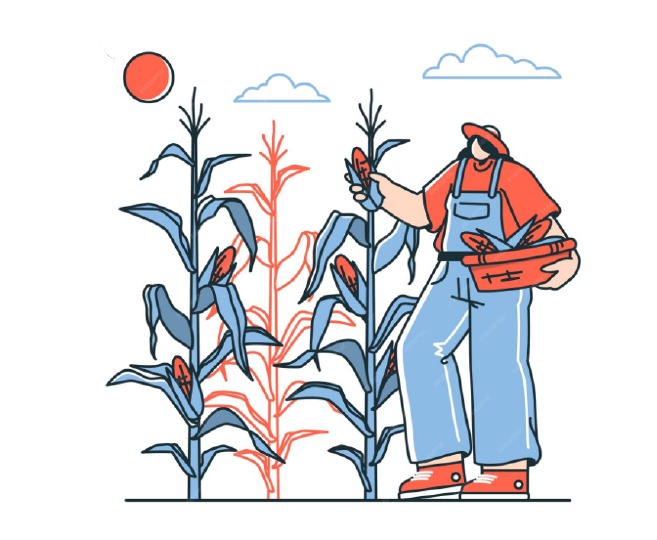Introduction
On 24 June 2025, the Governments of Nigeria and Brazil formalized a $1 billion agricultural mechanization agreement aimed at modernizing Nigeria’s food production systems (the “Programme”). The partnership seeks to boost productivity, expand rural employment, and reduce food import dependency through large-scale deployment of technology and infrastructure.
Key Features of the Partnership
- Mechanization Rollout: Beginning in Q3 2025, modern agricultural machinery—including tractors, harvesters, and irrigation systems—will be deployed in pilot states. The focus is on increasing access to mechanized tools for smallholder farmers and building local capacity to maintain and operate these assets.
- Access to Finance: Participating farmers will be able to obtain subsidized loans to acquire equipment and join structured cooperatives with guaranteed offtake arrangements.
- Training and Support Infrastructure: Regional service centres will provide technical training, equipment servicing, spare parts distribution, and agronomic support to ensure sustainable operations and knowledge transfer.
Private Sector Participation and Incentives
The Programme is structured to attract active private sector involvement across the mechanization and agri-services value chain:
- Procurement Opportunities: Local and international firms can tender for government-backed contracts to supply agro-machinery and inputs. Bidders with local infrastructure and after-sales capability will receive preference.
- Fiscal Incentives: Participants may qualify for concessional loans, tax relief, and import duty waivers on approved machinery and components—designed to reduce upfront capital costs.
- Revenue Model for Service Operators: Regional service centres will operate on a fee-for-service model, offering leasing, repair, training, and input supply. These are expected to deliver stable income streams for participating entrepreneurs and agribusinesses.
Projected Impact on Agricultural Output and Rural Economies
- Yield Improvement: Mechanization is projected to increase crop yields by up to 35% within three years—contributing to food security and price stability.
- Job Creation: Over 150,000 new jobs are expected in farming, logistics, equipment servicing, and agri-processing, particularly in underserved areas.
- Agricultural GDP Growth: The Programme could contribute up to $2.5 billion annually to Nigeria’s agricultural GDP by stimulating productivity and expanding value-chain activities.
- Reduced Import Dependency: Increased domestic output is expected to lower Nigeria’s reliance on food imports and ease foreign exchange pressures.
- Environmental Integration: The Programme prioritizes sustainability, with guidelines on solar-powered machinery, low-emission equipment, precision agriculture, and mandatory environmental impact assessments.
Opportunities for Agribusiness and SMEs
- Operate or Partner in Service Hubs: Entrepreneurs can bid to operate regional training and service centres offering machinery leasing, maintenance, training, and input supply.
- Tap Into Procurement Pipelines: SMEs involved in logistics, fabrication, agro-equipment distribution, and after-sales services can engage in vendor and supply frameworks.
- Explore Local Assembly Opportunities: Demand for locally assembled machinery and parts is expected to rise—opening new markets for light manufacturers and equipment fabricators.
- Support Value Chain Integration: Aggregators, processors, and storage operators can benefit from a more stable and increased supply of raw agricultural inputs driven by the Programme.
Stay Ahead with SimmonsCooper Partners
The Brazil–Nigeria Mechanization Partnership presents an unprecedented opportunity to catalyze long-term agricultural transformation. Whether you are an investor, agribusiness operator, startup, or cooperative, aligning early with the regulatory and commercial framework is key.
For advisory on procurement, concession structuring, Programme participation, or fiscal incentives, contact us at info@scp-law.com or visit www.scp-law.com.





